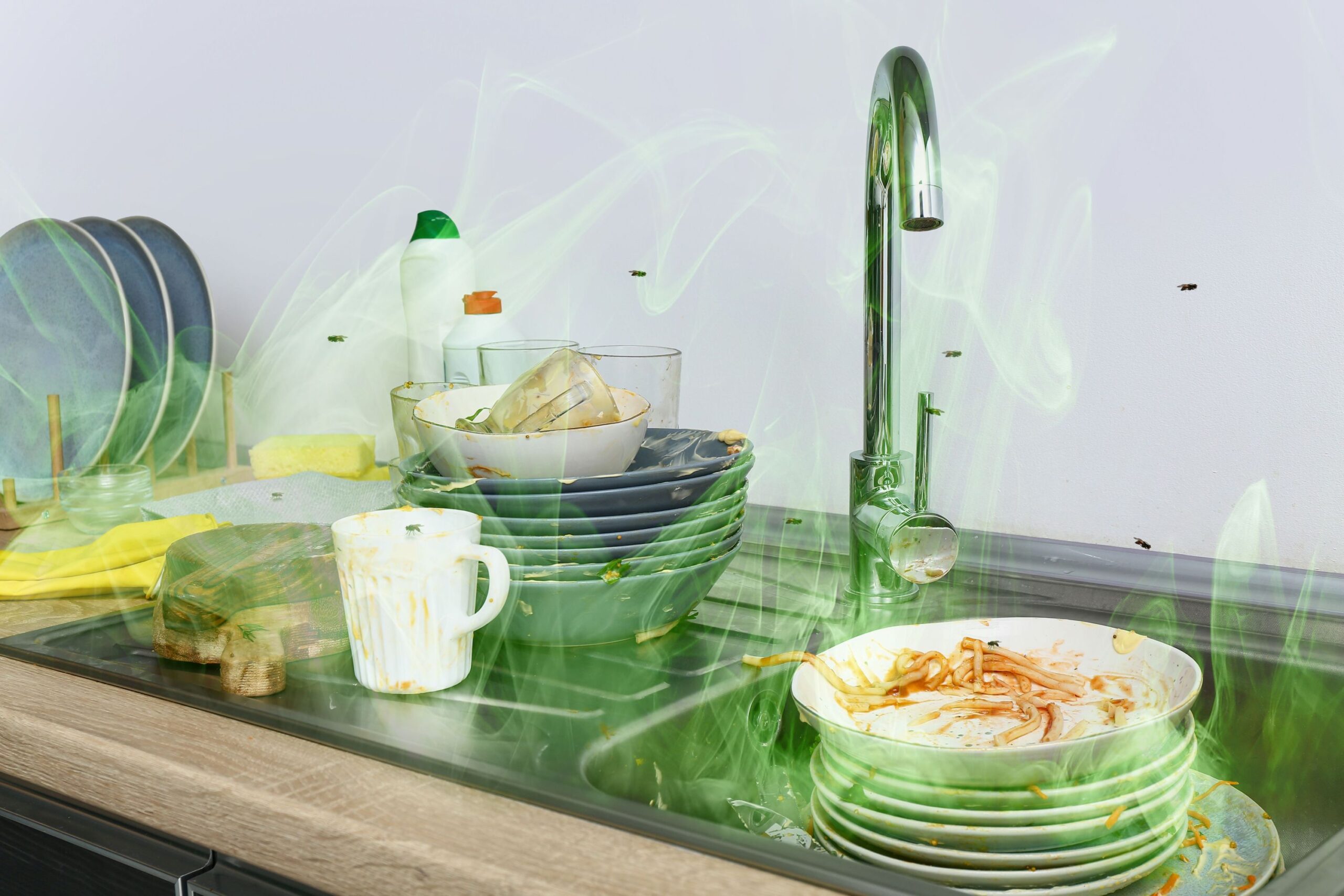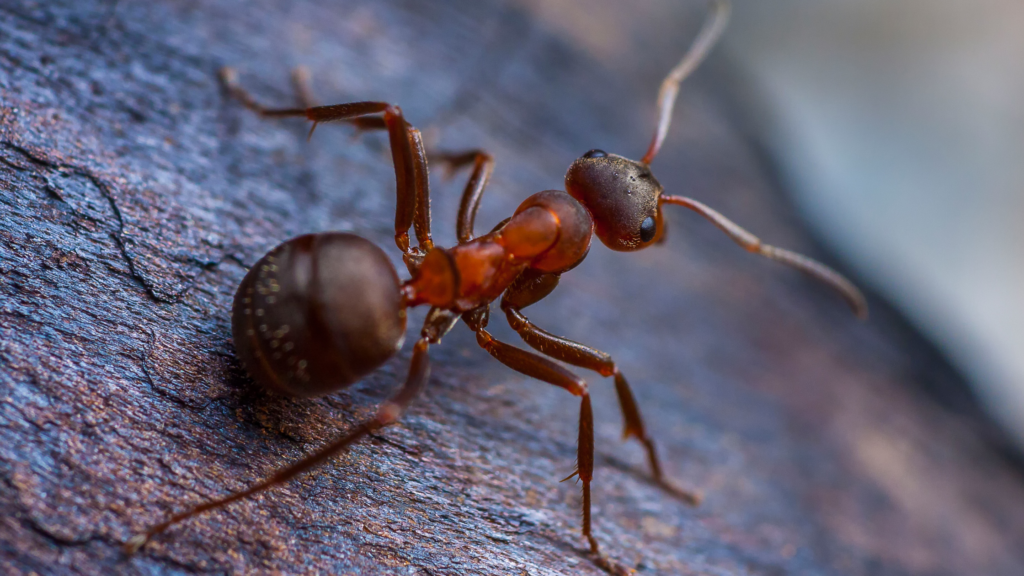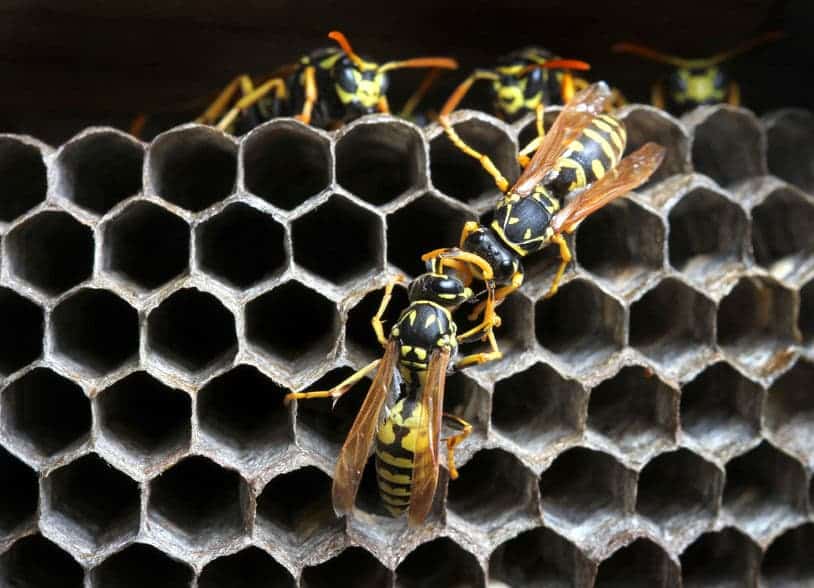
Filth Flies: The Hidden Threat to Your Business and How to Eliminate Them
When running a business, especially in industries like food service, healthcare, or warehousing, even the most minor pest can create big problems. Filth flies may seem like a minor nuisance, but their presence can jeopardize your reputation, violate health codes, and impact the well-being of both employees and customers.
The good news? You can keep these pests out with the right strategies and ensure a clean, pest-free environment.
The experts at Turner Pest Control have broken down the dangers of filth flies, how they infiltrate commercial properties, and the most effective ways to prevent and eliminate them.
What Are Filth Flies?
Filth flies are not your average houseflies. This group includes house flies, drain flies, blow flies, and fruit flies – all of which thrive in environments rich in decaying organic matter, standing water, and garbage. These flies aren't just unpleasant to look at; they are notorious carriers of harmful bacteria and pathogens.
Filth flies are particularly common in places like restaurants, warehouses, healthcare facilities, and food processing plants. Essentially, any space that deals with food, waste, or moisture is at risk.
Why Filth Flies Are a Threat to Businesses
While a few flies buzzing around may not seem like a cause for alarm, their impact on your business can be severe:
Health Risks - Filth flies are known to spread dangerous diseases, including E. coli, salmonella, and cholera. They land on garbage, sewage, and decaying food, picking up pathogens and transferring them to surfaces like food prep areas, utensils, and even uncovered food. This contamination can lead to foodborne illnesses, directly threatening customers and staff.
Reputation Damage - A fly infestation doesn't go unnoticed. Whether it's a customer spotting flies in a restaurant or flies buzzing around a retail space, the presence of pests creates the perception of poor sanitation. Negative reviews, bad word-of-mouth, and failed health inspections can significantly damage your brand and result in financial losses.
Productivity Impact - Beyond health and reputation, fly infestations can also affect productivity. Employees may feel uncomfortable or distracted by flies in their workspace, leading to lower morale and reduced efficiency.
How Filth Flies Enter Commercial Properties
Understanding how flies get inside is key to preventing them. Filth flies are opportunists, exploiting the smallest openings and unclean environments.
Common Entry Points:
- Gaps in doors and windows
- Unsealed garbage disposal areas
- Open loading docks
- Drains and broken screens
- HVAC systems and vents
Attractants:
- Improperly stored food
- Overflowing trash bins
- Standing water in drains or equipment
- Organic waste buildup in hard-to-reach areas
Signs of Filth Fly Infestations
Spotting a fly here or there isn't necessarily a sign of infestation, but consistent activity should raise red flags.
Here's what to look for:
Visual Indicators - If you see flies congregating around dumpsters, drains, or food prep areas, you likely have a breeding problem.
Physical Evidence - Look for larvae (maggots) in drains, fecal spots (small dark spots) on surfaces, and flies emerging from trash receptacles.
Behavioral Clues - Listen for employee complaints or reports of flies near sensitive areas like kitchens, break rooms, or restrooms. Early detection is crucial to prevent minor problems from escalating.
Prevention Strategies - Stopping flies before they become an issue requires a proactive approach.
Here are some best practices to implement:
Sanitation - Regularly clean drains, trash bins, and food storage areas. Dispose of garbage frequently and avoid letting organic waste accumulate.
Physical Barriers - Install door sweeps, air curtains, and properly fitting window screens to block entry points. Repair any cracks or openings around doors, vents, and roofing.
Proper Waste Management - Use sealed garbage containers and store waste away from main building entrances. Ensure food storage and waste disposal areas remain dry and clean.
Why Professional Pest Control Is Essential
DIY fly control methods can provide temporary relief, but they rarely address the root of the problem. Over-the-counter fly sprays and traps might kill adult flies but often leave breeding grounds untouched.
Benefits of Professional Services
At Turner Pest Control, we don't just treat the problem – we prevent it. Our experts conduct thorough inspections to identify breeding sites and entry points. Our team offers comprehensive, long-term solutions, from drain treatments to exclusion techniques that keep flies at bay.
Continuous Monitoring
Fly activity can fluctuate with the seasons, so ongoing pest control programs are essential. Partnering with Turner ensures consistent monitoring and quick intervention when necessary.
Protect Your Business Today
Filth flies are more than just a minor annoyance – they're a serious threat to your business's health, reputation, and safety. By taking preventative action and investing in professional pest control, you can maintain a clean, pest-free environment that benefits both employees and customers.
Don't wait for flies to become a problem. Contact our team today - 800-225-5305 - to schedule a free inspection and take the first step toward protecting your business from filth flies and other pests.



